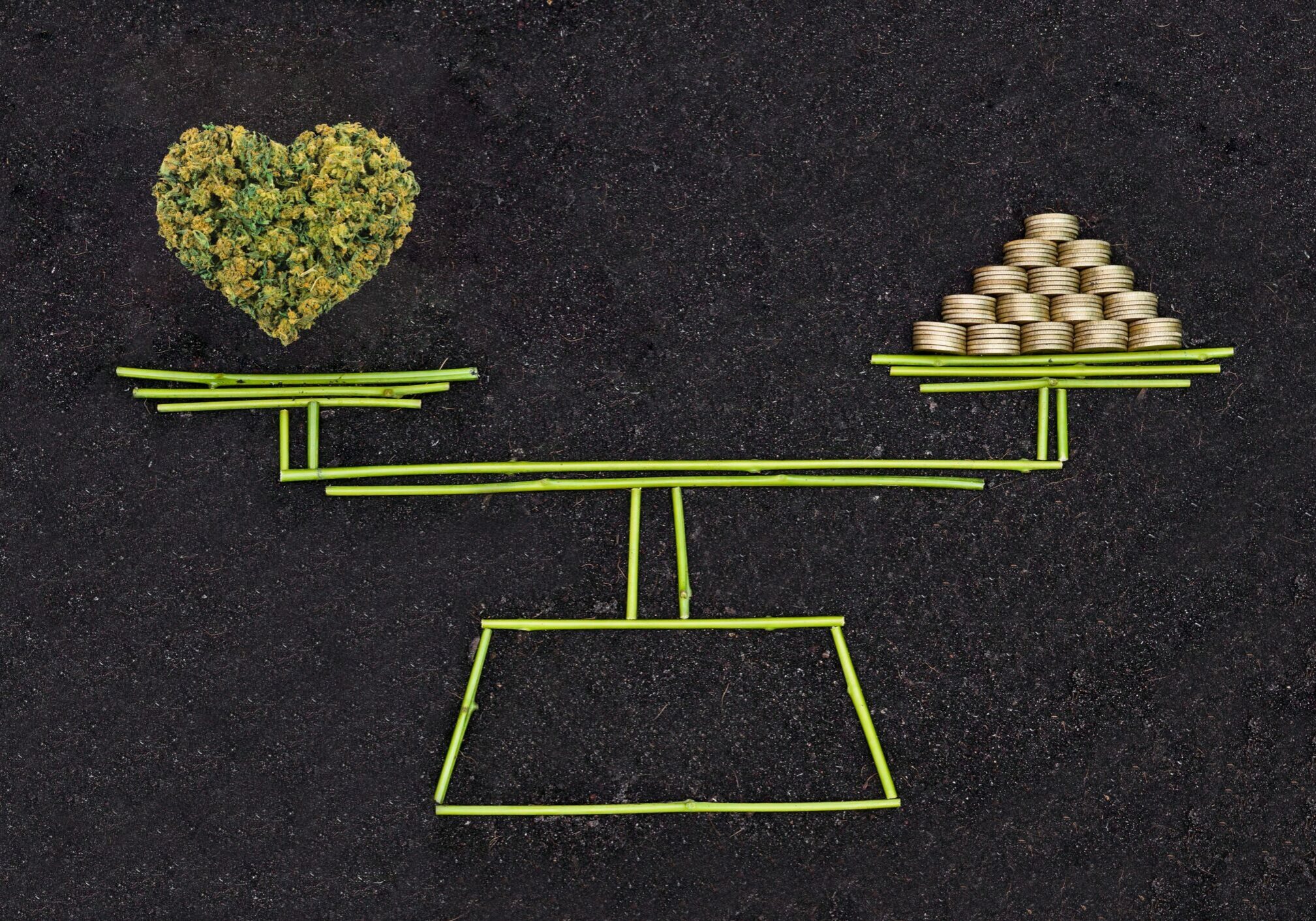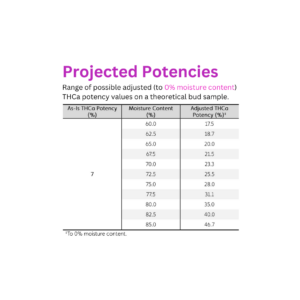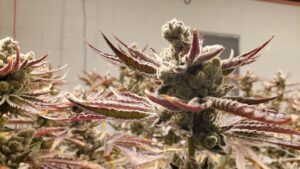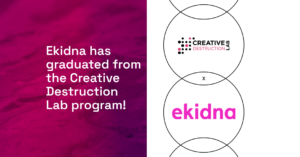As the saying goes, “numbers don’t lie.” In the cannabis industry, that’s not always the case.
Because wholesalers and distributors peg crop prices to THC and CBD percentages, a potency “arms race” has developed. Some growers are reporting THC percentages in the 30% and 40% range — and beyond. There’s incredible incentive to “lab shop” or send samples to the labs that give you the higher numbers (for hemp producers, lower numbers within the 0.03% required for hemp classification.)
But lab shopping is ultimately self-defeating. If you’re making decisions based on numbers, you have to be able to trust those numbers.
Ultimately, the success of your cannabis business may depend on it.
What is Lab Shopping?
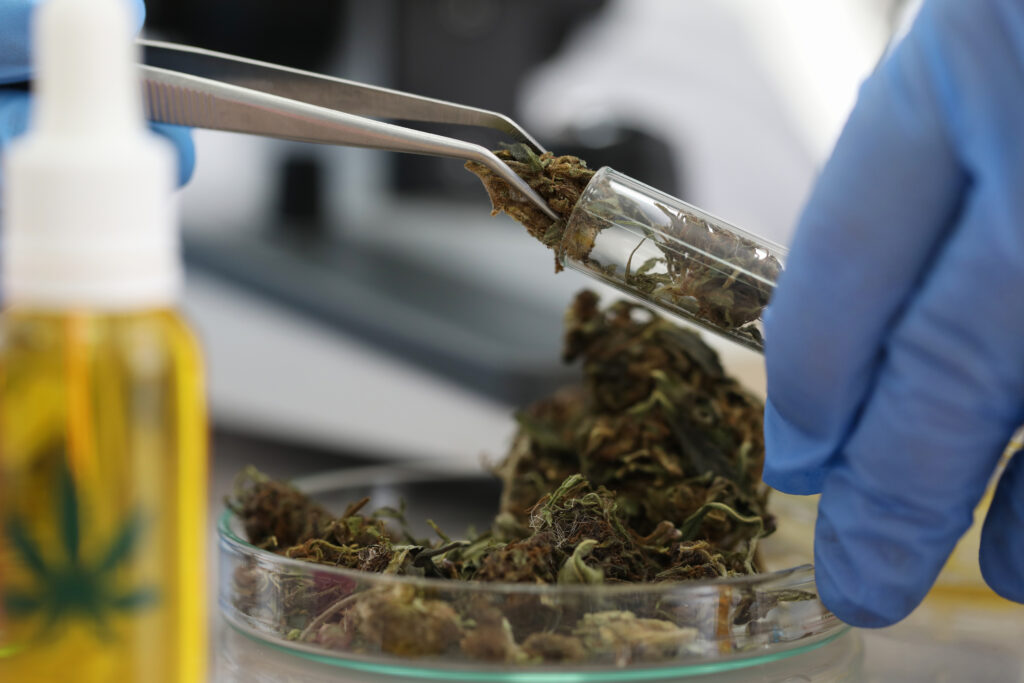
Lab shopping is a very well-known problem in Canada and the USA.
Some labs inflate the numbers they put in test results to keep customers. There can be incredible pressure to “play ball”, especially if they’re smaller and can’t afford to walk away from clients who may leave if they don’t like what they see in the reports.
The problem isn’t always the labs inflating the numbers, however. Some labs have reported that growers have sent in spiked samples to boost results. As a result, there are a few states that now require lab technicians to go to the grower’s facility and choose the sample themselves, in order to ensure it’s a fair representation of the crop.
Growers complain that it’s really the number hunting by shoppers in dispensaries that ultimately drives the obsession with higher THC potency scores. The advent of legalized cannabis has meant that products now have labels — and rightly so. Where it became a problem was when consumers reading those labels started to equate high-THC scores with a more effective product.
The Changing Landscape
An end to lab shopping may be on the horizon, however:
- Distributors have started doing their own testing to verify the numbers on lab reports sent in by growers.
- Regulators are starting to crack down on labs. For example, Michigan’s Cannabis Regulatory Agency audits all potency results over 28%. California’s Department of Cannabis Control (DCC) has been doing inspections and reviewing results, and has issued suspensions and has attempted to revoke the license of at least one lab (it was overruled by a judge).
- Efforts to standardize lab testing have begun, and some states are mandating ISO certifications for labs.
- There have been calls for all lab data to be made public, so that statisticians can do analyses that identify suspicious patterns.
- Lawsuits have started cropping up like this one filed in July of 2022, in which a small group of consumers are suing a group of four companies over inflated THC numbers.
- Some industry insiders are claiming that it is terpenes and minor cannabinoids that produce most of the effects for the end user, and not necessarily THC and CBD on their own. Information campaigns are being developed in some states for this, but probably more research is needed.
Taken together, these efforts may add up to a reality check for the industry.
Other Ways to Get Accuracy Wrong
Aside from deliberate interference with results, there are plenty of ways to get false or inconsistent results unintentionally:
- Selecting samples from one part of the plant (for example, from the top, where it receives more light).
- Using processes that aren’t exactly the same every time.
- Poorly maintained testing equipment.
Why Accuracy is Essential for Your Product and Business
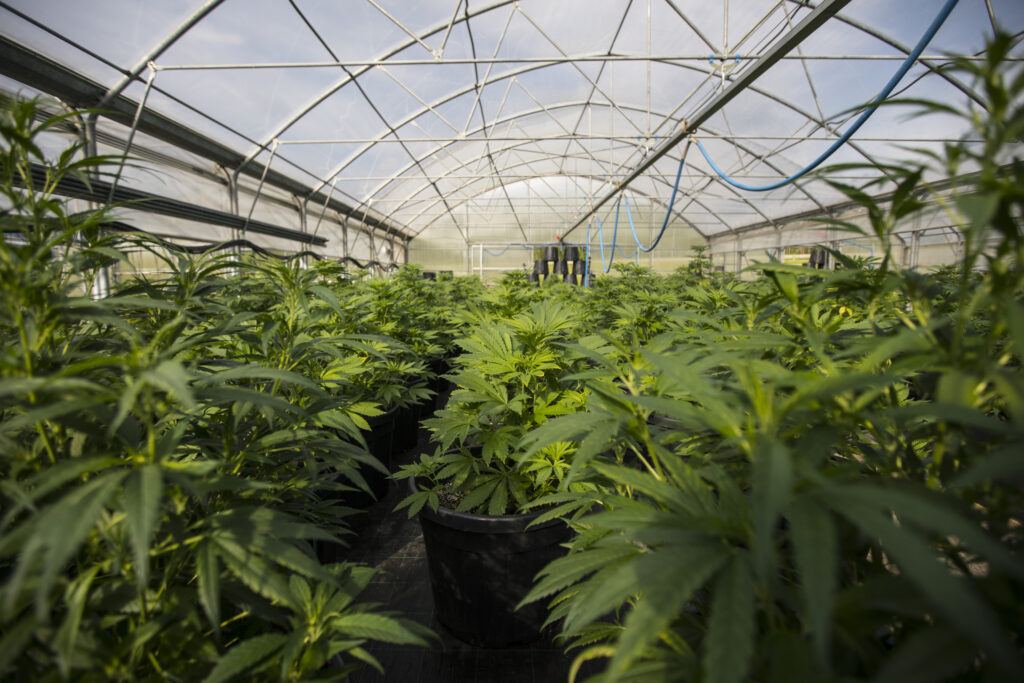
There are many stages at which you’re relying on these numbers when you’re making important decisions.
Pheno Hunting
Your breeding program is the future of your business. Selecting the right plants to form the next crop and future generations can come down to many factors (including health, response to light, and resistance to disease) but THC potency potential is a key factor that growers look for.
Process Improvement Testing
If you’re trying out new fertilizers, lighting schedules or wavelengths, your testing will tell you what’s working and what isn’t.
Timing Harvest
Testing bud samples to ensure that flowers are at peak THC and are ready for harvest can mean a big difference in revenue to growers. If these numbers are off for any reason that’s a missed opportunity.
If they’re off and your buyer does their own testing, you could lose trust permanently.
Delivering Consistent Results for Clients and End Users
If you’re selling your crop to a product manufacturer, they need consistent levels of THC and/or CBD so that they don’t need to reformulate their recipe. If results vary too much from delivery to delivery, they’ll start looking for another supplier.
Consumers who are buying flower want to know what to expect when they buy products that they put into their bodies. They may be using potency numbers to calculate dosages, especially if they are caring for seniors or other family members.
Accuracy is Vital to the Industry
If consumers lose faith in the potency numbers they see in the dispensary, it could undercut the future of the legal cannabis industry.
If you think about it, one of the main reasons why end users pay higher prices for legal cannabis is that they assume it’s safe and that the information on labels is accurate. If they lose this trust, there’s one barrier removed between them and the illegal market — which is still a major competitor.
Your Reputation is On the Line
You don’t need to spend on your own lab; Ekidna is more cost effective.
